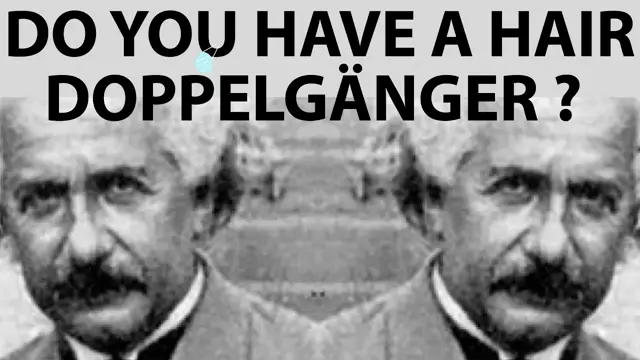2021-04-10
[public] 101K views, 6.93K likes, 39.0 dislikes audio only
Let's say there are more pigeons than pigeon holes. Then, if all the pigeons are in the holes, at least one of the holes must house at least two of the pigeons. Completely obvious. However, this unassuming pigeon hole principle strikes all over mathematics and yields some really surprising, deep and beautiful results. In this video I present my favourite seven applications of the pigeon hole principle.
Starting with a classic, the puzzle of hairy twins, we then have a problem with pigeons on a sphere, a pigeon powered explanation of recurring decimals, some party maths, a very twisty property of the Rubik’s cube, a puzzler from the 1972 International Mathematical Olympiad, and, finally, what some people consider to be the best mathematical card trick of all time.
00:00 Intro
01:49 Chapter 1: Hairy twins
06:46 Chapter 2: Five pigeons on a sphere
08:16 Chapter 3: Repeating decimals
13:14 Chapter 4: Partying pigeons
17:00 Chapter 5: Repeating Rubik
22:20 Chapter 6: Pigeons at the Olympiad
26:18 Chapter 7: The best mathematical card trick ever
31:24 Supporters
Here are some links for you to explore.
A scanned copy of Récréation mathématique: Composée de plusieurs problèmes plaisants et ... by Jean Leurechon on Google books. For the hair puzzle check out page 130) https://tinyurl.com/3b6amaxk
The Pigeonhole Principle, Two Centuries Before Dirichlet by Albrecht Heeffer and Benoit Rittaud A very nice article about the origins of the pigeon principle and the hairy twins problem. Also features an English translation of the relevant page in Récréation mathématique https://tinyurl.com/hpkcuepx
The 4/5 pigeons in a hemisphere puzzle was problem A2 of the 63rd Putnam competition in 2002 https://prase.cz/kalva/putnam/psoln/psol022.html
Why are repeated decimals fractions? Watch this video on why 9.999... =10 for a big hint /youtube/video/SDtFBSjNmm0 Or just skip straight to the answer https://en.wikipedia.org/wiki/Decimal_representation#Conversion_to_fraction
If you don't own a Rubik's cube you can use this simulator to test what happens when you repeat some algorithms (move the faces using the keyboard) https://ruwix.com/online-puzzle-simulators/
The website of the International Mathematical Olympiad. https://www.imo-official.org . The problem I am considering in this video is Problem 1 of the 1972 olympiad. You can download all the problems from here.
https://www.imo-official.org/problems.aspx
Check out this very nice article about the Fitch Cheney five-card trick by Colm Mulcahy https://tinyurl.com/wttkfdwe
Today's music is English Country Garden (and as usual Morning Mandolin at the end) from the free YouTube music library. Today's t-shirt I got from here https://www.theshirtlist.com/pizzibonacci-t-shirt/
Enjoy!
Burkard
/youtube/video/TCZ3YwbcDaw?t=109
/youtube/video/TCZ3YwbcDaw?t=406
/youtube/video/TCZ3YwbcDaw?t=496
/youtube/video/TCZ3YwbcDaw?t=794
/youtube/video/TCZ3YwbcDaw?t=1020
/youtube/video/TCZ3YwbcDaw?t=1340
/youtube/video/TCZ3YwbcDaw?t=1578
/youtube/video/TCZ3YwbcDaw?t=1884

